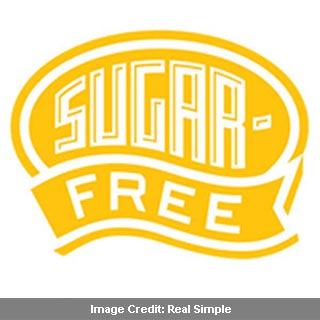
Especially, those with acidic additives such as fruit flavored sugar-free products could signify a high risk of dental erosion.
“The term sugar-free may generate false security because people may automatically believe that sugar-free products are safe on teeth,” cited GSDM Associate Research Professor Dr. Sok-Ja Janket, lead researcher on the project.
Xylitol is a sugar substitute that is well known in the U.K and has been successful in reducing tooth decay too. It is also approved by the US Food and Drug Administration and the European Union for consumption.
Another substitute namely Sorbitol is used widely in the U. S owing to its low cost. It is also known to decrease cavities, but not suitably though, as believed by experts. This damage usually takes place when sugar substitutes are used with acidic additives, although no food or beverage can be considered to be completely good for teeth.
Dr Janket adds that as the sorbitol and xylitol use elevates, people ought to be made aware of the masked risk of dental erosion caused by acidic additives. The greater time the acid stays on the teeth, the more damage it could cause. An acidic beverage will not remain in the teeth for a long time, while a candy that melts slowly could indicate a higher risk as it lingers on the tooth.
The team also cautioned that sugar-free does not imply calorie-free as many sugar-free chewing gums and beverages seem to have about 50% of calories of foodstuffs with full sugar. Dr. Janket says that there are certain healthy non-acidic sugar-free candies available over the counter. Though butterscotch and mint chocolate flavors appear safe, nothing can be ascertained as of now, say the scientists.
The findings are published in the British Dental Journal.
